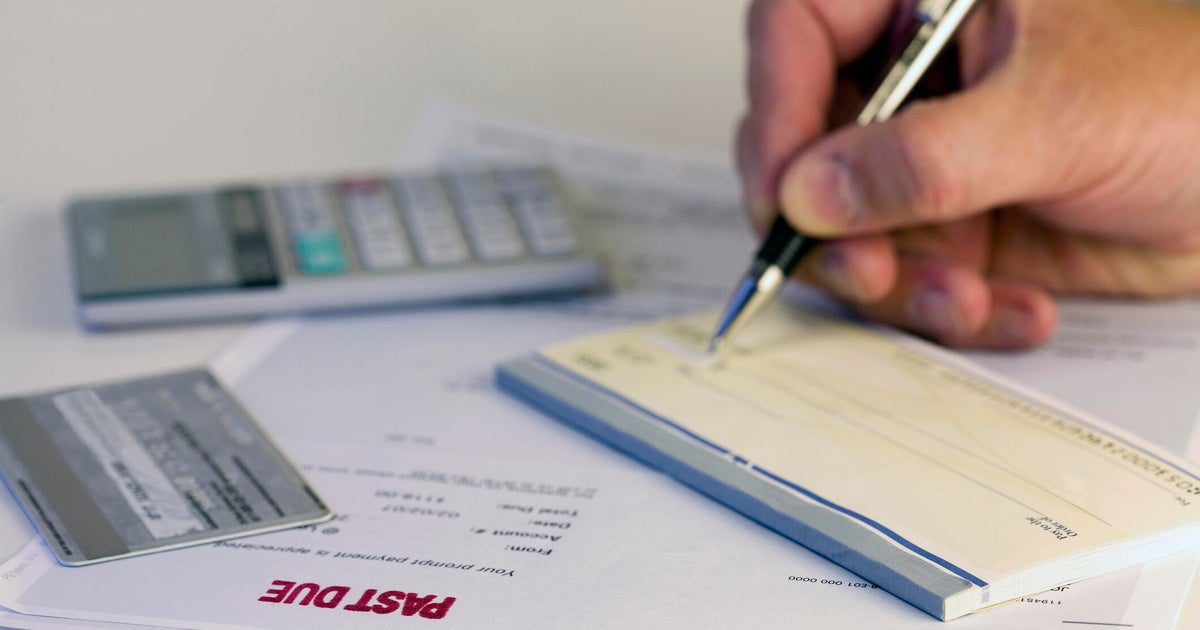

No response returned

It's clear that a large percentage of Americans are struggling due to an uptick in financial pressure right now. With numerous economic challenges looming — and pushing up the prices on everything from housing to groceries — more people stuck are relying on their credit cards or other short-term borrowing options to help cover the essentials. As a result, to a record high nationwide, with the average cardholder currently. Credit card , indicating that more people are falling behind on debt and, in some cases, sliding toward default.
Why is this happening now? The answer largely comes down to today's high-rate environment. Over the last few years, borrowing costs have ballooned across the board. In turn, the now hover near 22%, are sitting near an average of 30% and exceed 12% on average. When these types of borrowing rates are combined with the high prices that are eating away at household budgets, it becomes clear why many people are .
But while missing a debt payment or two is stressful, outright comes with far more serious and lasting consequences. If you're worried you might be heading down this road, it's essential to understand the risks and take action before things spiral out of control.
.
Defaulting on debt means you've failed to meet your repayment obligations. This typically happens after 90 to 180 days of missed payments (though it depends on the lender and the type of debt).
Once you reach this stage, the creditor usually marks the account as a charge-off and may hand it over to a collections agency to deal with instead. Here's why that matters:
It can result in serious credit damage: Defaulting is one of the most harmful events that can hit your credit report. When you default on your debt, your credit score can , making it harder (and much more expensive) to qualify for loans, credit cards, car financing or even a mortgage. Worse, a default stays on for up to seven years, dragging down your score long after you've addressed the debt.
You may face debt collections and legal action: Once a , you'll start getting calls, letters and possibly even emails from debt collectors who are trying to recover the money you owe. If you continue to ignore the debt, the creditor or collection agency and sue for the unpaid balance. If they win, they could secure a legal judgment that , bank account levies or property liens.
There are added fees and costs to contend with: Defaulting on debt doesn't just freeze your balance in place; . Late fees, penalty interest rates, legal costs and collection fees can cause the amount you owe to balloon quickly. In some cases, you could end up owing significantly more than the original balance simply because of how fast these extra charges pile up.
It could result in extra financial stress: While not a direct financial penalty, the stress of defaulting on your debt can weigh heavily on you over time. , the anxiety over potential lawsuits and the feeling of financial instability can take a serious toll on your well-being.
Perhaps the most challenging part of defaulting, though, is the long-term nature of the consequences of doing so. While negative information eventually falls off your credit report (typically after seven years), rebuilding financial stability after you default takes significant time and effort.
.
If you're falling behind on payments or seeing warning signs of potential default, taking prompt action can help minimize the damage and potentially prevent the worst consequences. The first step is to reach out to your creditors, preferably before you miss payments, if possible. that can temporarily reduce interest rates, , or even defer payments for a period. These programs aren't advertised widely, so you'll need to contact your creditors directly and explain your situation.
If you're juggling multiple debts, it might be time to look into . A , for example, will allow you to roll several debts into one payment, ideally at a lower rate. Or, through a credit counseling agency can reduce your rates and fees while giving you a structured path to repayment. For more severe situations, (also known as debt settlement) or even bankruptcy might be worth exploring.
For those with unmanageable debt burdens, after you've exhausted your other options. While bankruptcy has significant consequences for your credit, it also provides legal protections from collection actions and can provide a fresh start in extreme situations.
Defaulting on debt is one of the most damaging financial moves you can make, as it can have long-lasting consequences for your credit, your finances and your peace of mind. But the good news is that default is usually preventable if you act early. By recognizing the warning signs, reaching out for help and exploring your options, you can avoid the steep costs of default and set yourself up for a healthier financial future.





